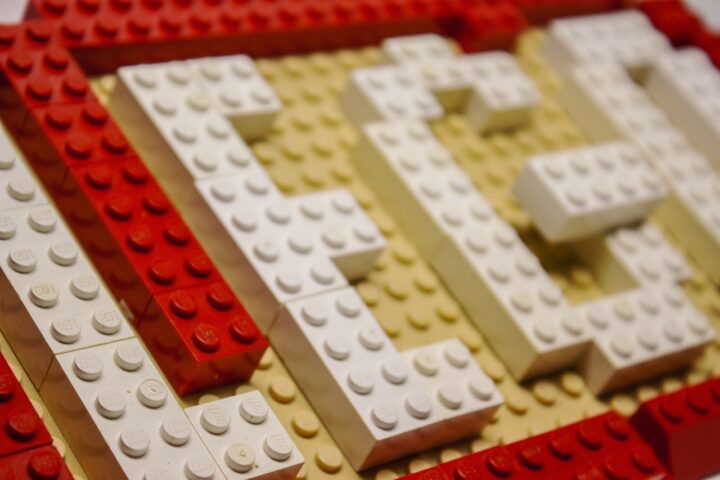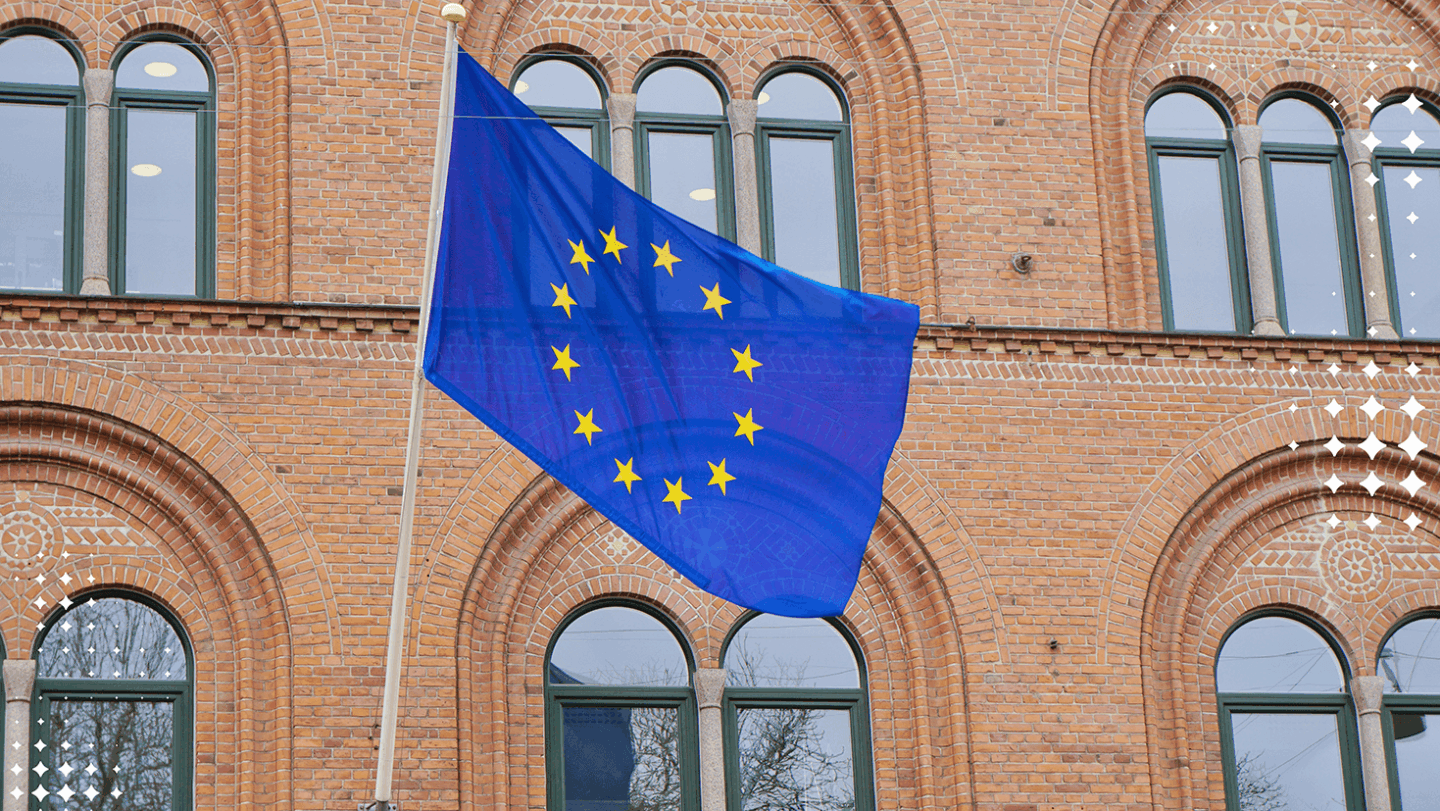Building Blocks of Victory: LEGO’s Recent Legal Triumph
- IP & Trademarks

Hands off the LEGO bricks!
Last month saw the Danish company and its iconic LEGO bricks secure another triumph.
Bricking down the case
It all began in 2010 when the Danish company LEGO registered its famous toy brick as a European Union design.
In 2016, the German company Delta Sport Handelskontor GmbH filed an application with the European Union Intellectual Property Office (EUIPO) challenging this registration, arguing that the brick's shape was solely driven by functional necessities and, therefore, conflicted with European regulations.
In 2019, EUIPO sided with Delta Sport, invalidating LEGO’s registration. However, it wasn’t long before LEGO appealed to the General Court, who overturned the decision in favour of the Danish company and sent the case back to EUIPO for reconsideration. Upon reassessing the case, EUIPO this time ruled in favour of LEGO, allowing the brick's registration as a European design.
Forced to start from scratch again, Delta Sport launched a new appeal to the EU court, but the court once again ruled in favour of LEGO, likely concluding the matter.
Dissecting the LEGO Brick: Functional or Aesthetic?
What led to this outcome? What are the key elements of this dispute? The central question here was whether the shape of LEGO’s bricks was solely dictated by functional needs or whether aesthetics also played a part.
In the discipline of designs, the general rule is that it's not possible to register a design whose shape is solely dictated by functional needs (Article 8.1 of EU Regulation No. 6/2002 on Community designs). Therefore, it was necessary to assess whether this was the case for LEGO bricks, which are characterised by various interconnecting shapes necessary for assembly.
Initially, EUIPO had answered affirmatively, but its decision was overturned by the court.
But what triggered this U-turn?
Two elements are most interesting in the decision:
- Form and functionality: Firstly, the Court stated that not all elements of the LEGO brick are dictated exclusively by functional reasons. According to the judges, the "smooth surface" on the brick's sides does not have such requirements, thus allowing for the design's registration. This is a point that can be debated, but it is ultimately irrelevant, as reaffirmed by EUIPO following its reassessment of the case.
- Exceptional construction: The exception to the non-protectability of interconnection shapes under Article 8.3 of the regulation for modular system played a crucial role in this case. This exception has been considered applicable in the case of LEGO bricks, which were deemed to fall into this category, thereby making them eligible for registration.

By excluding the applicability of Article 8.1 and 8.2, and categorising LEGO bricks under the exception provided for modular systems, all of Delta Sport's grounds of appeal were rejected.
If the opposite had been decided, any company would have been able to create new toy bricks that could be assembled with the LEGO ones.
To the delight of the Danish company, and fans of their bricks, this was not the case.
Conclusion: One brick at a time
While the two-month appeal period before the Court of Justice is still ongoing, we do not know if the story has definitively come to an end. Indeed, there are several points still debatable before the Court, such as the demonstration of the prior disclosure of the design, which could potentially add an unexpected twist to this controversial story.
Nevertheless, what is certain is that LEGO, brick by brick, continues to build its empire.
Images
Main image: Clovis Cheminot from Pixabay
Second image: Simon Blüthenkranz from Pixabay

Empower your trade mark: Connect with our legal experts
Are you interested in protecting your trade mark? Contact our lawyers and experts today and start your journey towards a strong trade mark!


